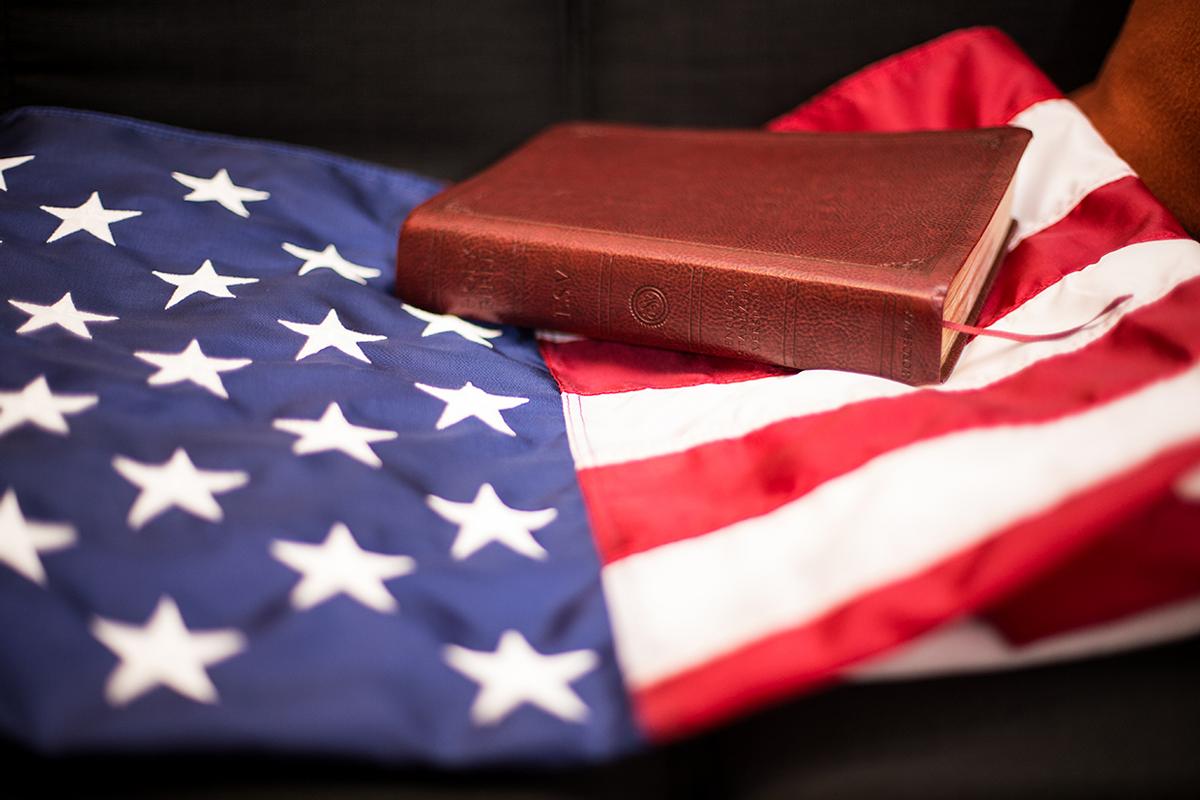
We hear the phrase, “separation of church and state” getting thrown around often these days. Many Christians view the concept as an excuse for the world to marginalize Christians as a subgroup and discount their voice. However, we rarely stop to appreciate the positives of this unique value in our society and the consequences that could come about following its removal.
One of the chief complaints against the modern use of the phrase “separation of church and state” remains that the founding fathers did not intend to have a completely secular nation, nor did they use this phrase anywhere in the Constitution. In fact, 49 out of 55 delegates in the constitutional convention identified themselves as Protestant and the actual words “wall of separation between church and state” did not appear until 1802 in a private letter from Thomas Jefferson. One could argue that the founding fathers intended to have, if not a Christian nation, a nation operating under Christian values and led by Christians.
One must ask, do the intentions of our founders have significant bearing on the morality of the way their intentions get put into practice? The fallibility of man is a notion ingrained into Christian worldviews, and yet we often forget this when we think about Jefferson, Madison and Franklin. They were no more all-knowing than we are. Due to this human deficiency, we need to pay more attention to morality and utility than to what a group of admittedly brilliant men intended 227 years ago.
The fundamental role of government can be summarized as protecting and securing the rights of its people. All conversations about government must begin with this. The Bible teaches us that all humans have equal value in the sight of God, because God created all humans in his own image. If a government followed this logic, it would treat all its citizens equally, and while a majority of Americans identify as Christians, not all do.
If that “wall of separation” did not exist, Christians could easily pass laws that line up with their beliefs and forget that 22 percent of our fellow Americans do not share those beliefs, according to Pew Research’s 2007 study of religious affiliation in the United States. Laws that show favor to certain groups, even majorities, are inherently unequal, and therefore go against the basic role of a government. We may not intend for this to happen and we might try our best to keep it from happening, but history tells us when religions and governments mix in any way someone will end up with unequal treatment.
If we expect our faith insert itself into our government, we must not become alarmed when our government begins inserting itself into our faith. Churches do not undergo taxation or regulation due to the separation of church and state. Imagine if this changed.
How many churches would have to cut their missions budgets just to pay the government its annual due? What if every church in the nation had to apply to get its “church license” from the government in order to gain recognition as a religious institution? One can only imagine the bureaucracy that might be added to the church if its protective wall of separation were torn down.
The current interpretation of separation of church and state may create grounds for some inconveniences for the everyday Christian. It may not be what our founding fathers intended our country to look like. But given the realistic alternatives, I would rather celebrate the positives of this wall of separation than work to tear it down and lose both our country’s pursuit of equality and our church’s autonomy.







